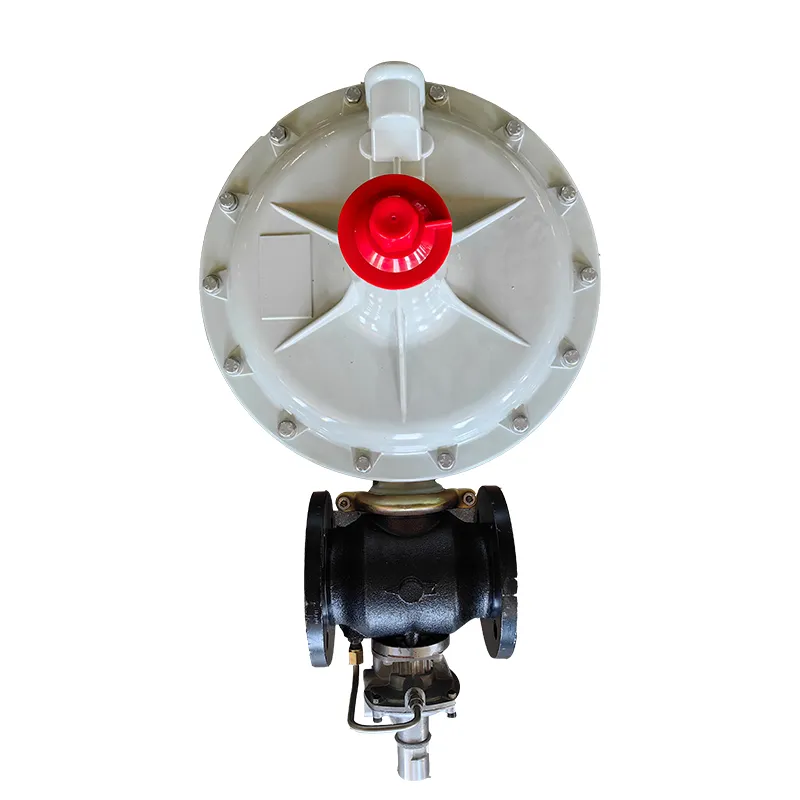
Nov . 22, 2024 13:37
Back to list
فاصل مرشح الغاز الطبيعي
The Role of Natural Gas Filter Separators in Industrial Applications
Natural gas is a vital energy source that powers industries, homes, and power plants across the globe. However, raw natural gas is often mixed with impurities, including water, hydrocarbons, and particulate matter. These impurities can affect the efficiency, cleanliness, and safety of gas operations. Therefore, the implementation of effective filtration systems becomes crucial, with natural gas filter separators emerging as central components in this process.
Understanding Natural Gas Filter Separators
Natural gas filter separators are specialized devices designed to remove contaminants from natural gas streams. Their primary function is to ensure that the gas delivered for consumption is free of unwanted substances. Typically, these devices combine two functions filtration and separation. Filtration is the process of trapping solid particles, while separation involves the removal of liquid contaminants.
Filter separators are essential in various stages of natural gas processing, including extraction, transportation, and distribution. They play a significant role in ensuring the quality of natural gas before it reaches end-users, protecting pipeline infrastructure, and equipment in power generation and other industrial applications.
How Do Filter Separators Work?
The operation of natural gas filter separators is generally based on a combination of mechanical and gravitational principles. The gas stream enters the separator where it is subjected to a series of processes
1. Inlet Distribution The gas enters the separator through an inlet that helps distribute the flow uniformly, preventing short-circuiting and ensuring optimal contact with the filtration media.
.
3. Separation After filtration, the gas enters a separation chamber where the gravitational force assists in the removal of liquid contaminants. The heavy liquids settle at the bottom of the separator, while the filtered gas continues upward, exiting the unit for further processing or delivery.
فاصل مرشح الغاز الطبيعي

4. Automatic Drainage Most modern filter separators have automatic drainage systems that periodically remove accumulated liquids without manual intervention. This maintenance feature enhances operational efficiency and reduces downtime.
Advantages of Using Filter Separators
The use of natural gas filter separators offers numerous benefits
- Improved Gas Quality By effectively removing contaminants, filter separators ensure that the natural gas delivered is of high quality. This is essential for meeting industry standards and regulatory requirements.
- Operational Efficiency Cleaner gas leads to fewer operational disruptions and less wear and tear on equipment downstream. This can extend the lifespan of compressors, turbines, and other machinery.
- Safety Removing impurities reduces the risk of accidents related to corrosion or explosion due to gas quality issues. Clean gas enhances the overall safety of natural gas operations.
- Environmental Compliance By ensuring that only clean natural gas is released during operations, filter separators help companies meet environmental regulations, promoting sustainability in energy production.
Conclusion
Natural gas filter separators play an indispensable role in the natural gas industry, ensuring the delivery of clean, high-quality gas. Their ability to combine filtration and separation processes makes them critical in maintaining operational efficiency and safety. As the global energy landscape evolves and the demand for cleaner energy sources increases, the importance of effective filtration and separation systems like natural gas filter separators will only continue to grow. Investing in advanced filtration technology is essential for companies looking to enhance their operational capabilities while adhering to environmental standards.
Latest news
-
Safety Valve Spring-Loaded Design Overpressure ProtectionNewsJul.25,2025
-
Precision Voltage Regulator AC5 Accuracy Grade PerformanceNewsJul.25,2025
-
Natural Gas Pressure Regulating Skid Industrial Pipeline ApplicationsNewsJul.25,2025
-
Natural Gas Filter Stainless Steel Mesh Element DesignNewsJul.25,2025
-
Gas Pressure Regulator Valve Direct-Acting Spring-Loaded DesignNewsJul.25,2025
-
Decompression Equipment Multi-Stage Heat Exchange System DesignNewsJul.25,2025

